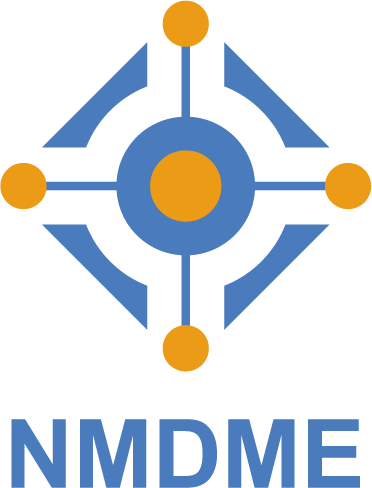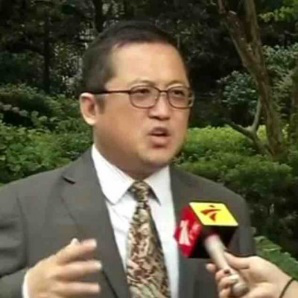


Welcome Prof.Fei Wu from School of Journalism and Communication, Jinan University, China to be the keynote speaker of NMDME 2021

Prof.Fei Wu
School of Journalism and Communication,
Jinan University, China
Research Area:
International Communication、Public Diplomacy、media Diplomacy、International Relations, Journalism, New Media, Strategic Communications.
Brief introduction of Prof.Fei Wu's experience:
Wu Fei is professor at China Guangzhou Jinan University. He is also a columnist and writer for several major Hong Kong and international newspapers and magazines and has published more than 20 books in China, Hong Kong, and Taiwan. He also is a commentator for several television channels that have a combined audience of 20 million viewers in China mainland and Hong Kong. Wu Fei is an alumna of the US East West center, and membership in the international studies association and will be the Visiting Researching Fellow at Georgetown University (2010 and 2012). And 2011,2012 two times as panel chair attend ISA Montreal and San Diego conference now still was border of human rights association ISA.
Speech Title:
The Trend of Media Diplomacy in the Game of Great Powers under Geopolitics
Abstract:
“The modern art of media diplomacy is to use Theodore Roosevelt’s big stick, but digitally – and never ever to speak softly”; this or something similar could be a future definition of 21st century ‘media diplomacy’. Academically, as an intellectual exploration, the Working Group’s investigation considered how the upheavals of the international world might affect future diplomacy. Practitioners, on the other hand, want to know what concrete conclusions can be drawn from this exploration. Are there necessarily consequences to be drawn for politics, the work of diplomacy, and or changes to be made to diplomatic instruments?
It is worth looking at public diplomacy beyond the experiences of the United States or the anglophone world. The debate about the new public diplomacy after 11 September 2001 has become dominated by US public diplomacy, and it has been characterized by a strong emphasis on international security and the relationship between the West and the Islamic world.
Many of the dilemmas of cultural and information policies also confront those who shape national media policies. However, in multicultural societies, the dilemma of how to allow freedom of speech without encouraging hate speech is the central question. Different media philosophies would, of course, respond differently to this question. As long as allegiance was paid to the central authorities, each cultural community was largely left to its own devices. In the Islamic empires, in fact, the millet system ensured a high level of internal government for the Peoples of the Book